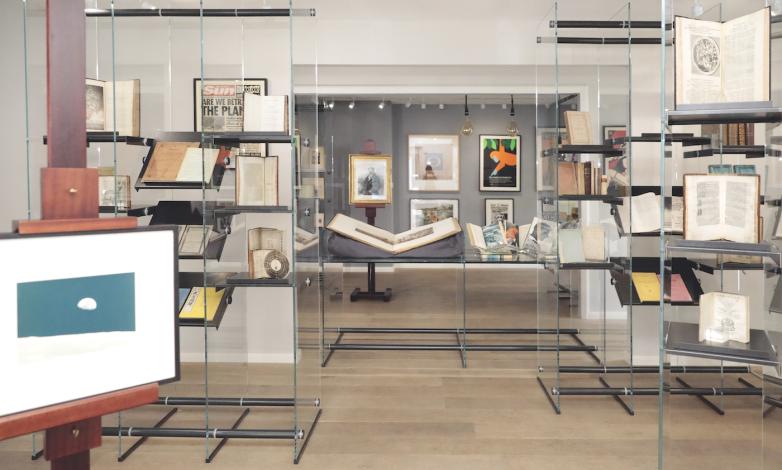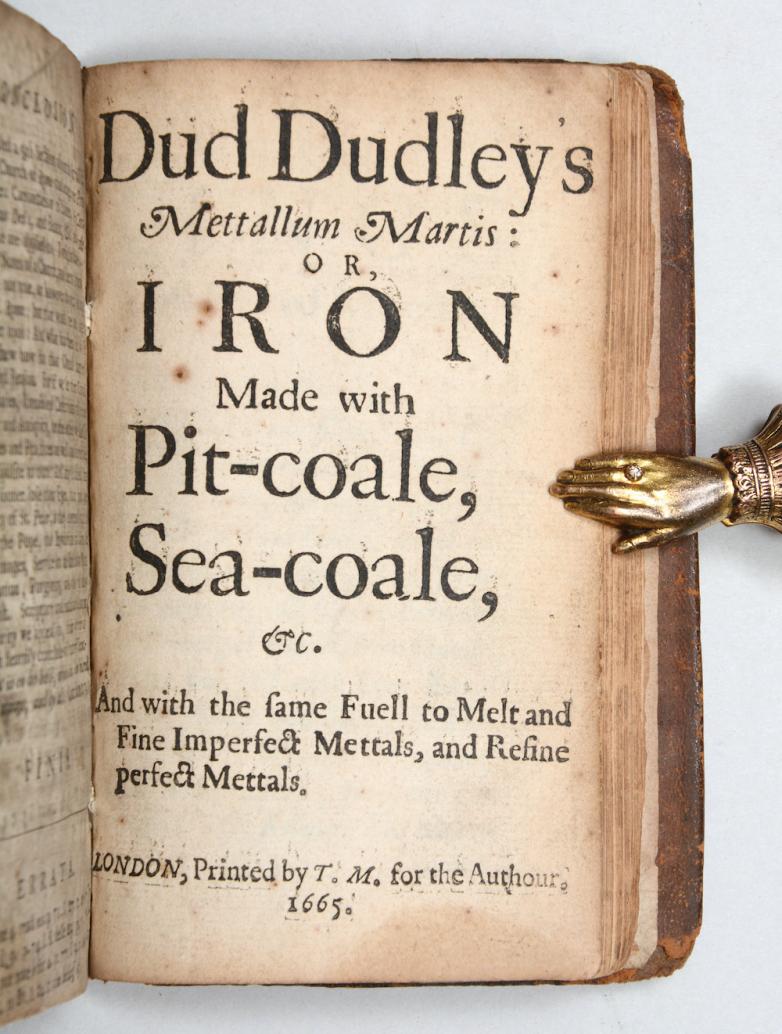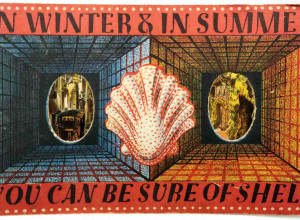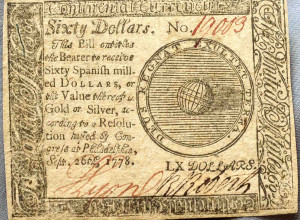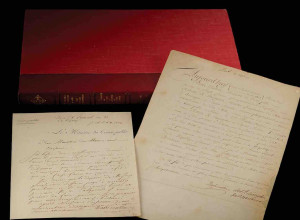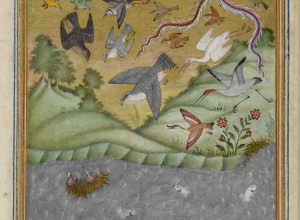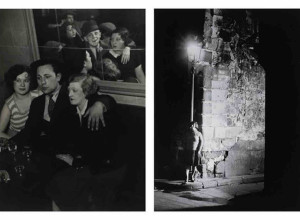The diverse One Hundred Seconds to Midnight includes a 1485 first edition on weather forecasting by Frenchman Firmin de Beauval; Mettallum Martis (1665) the earliest printed account of fossil fuel usage by English ironmaster Dud Dudley; and a first edition of influential forestry book Sylva by seventeenth-century diarist and horticulturalist John Evelyn.
Among the art featured is Earthrise, the first full color photograph of Earth taken by astronaut William Anders during the Apollo 8 lunar mission in 1968; a lithograph of early environmentalist Alexander Humboldt (1769-1859); and Banksy’s Save or Delete poster for a 2002 Greenpeace campaign against deforestation.
“I’m particularly pleased One Hundred Seconds to Midnight includes a small but very important 1856 scientific paper by American scientist Eunice Newton Foote,” says Emma Walshe, collection co-curator at Peter Harrington. “She looked at the effect of carbon dioxide on atmospheric temperature, but her importance to the climate change movement has only really been recognized in the last decade.”
A portion of the sale proceeds will go to the conservation charity World Land Trust. There is a special microsite to accompany the collection, an online catalogue, and a video.

